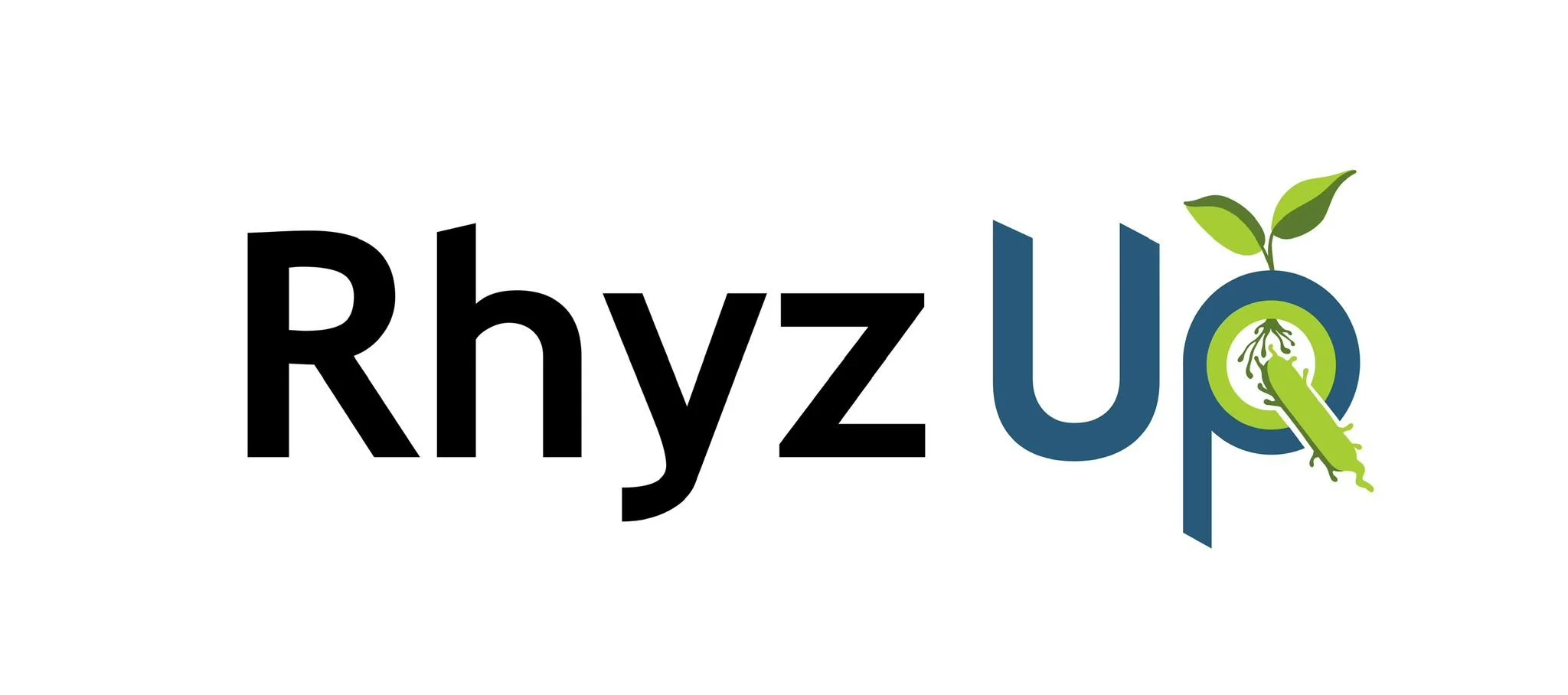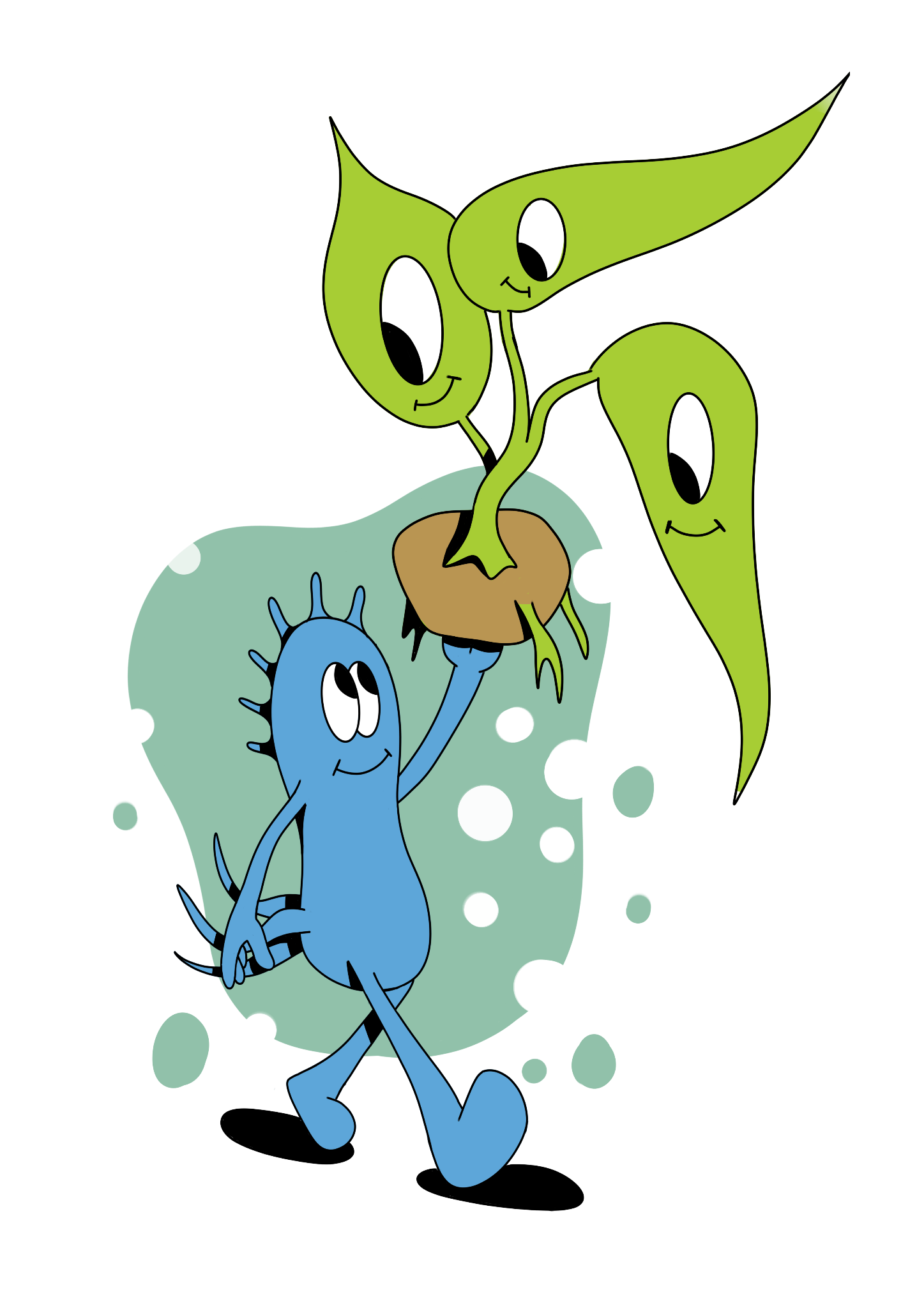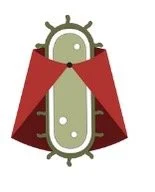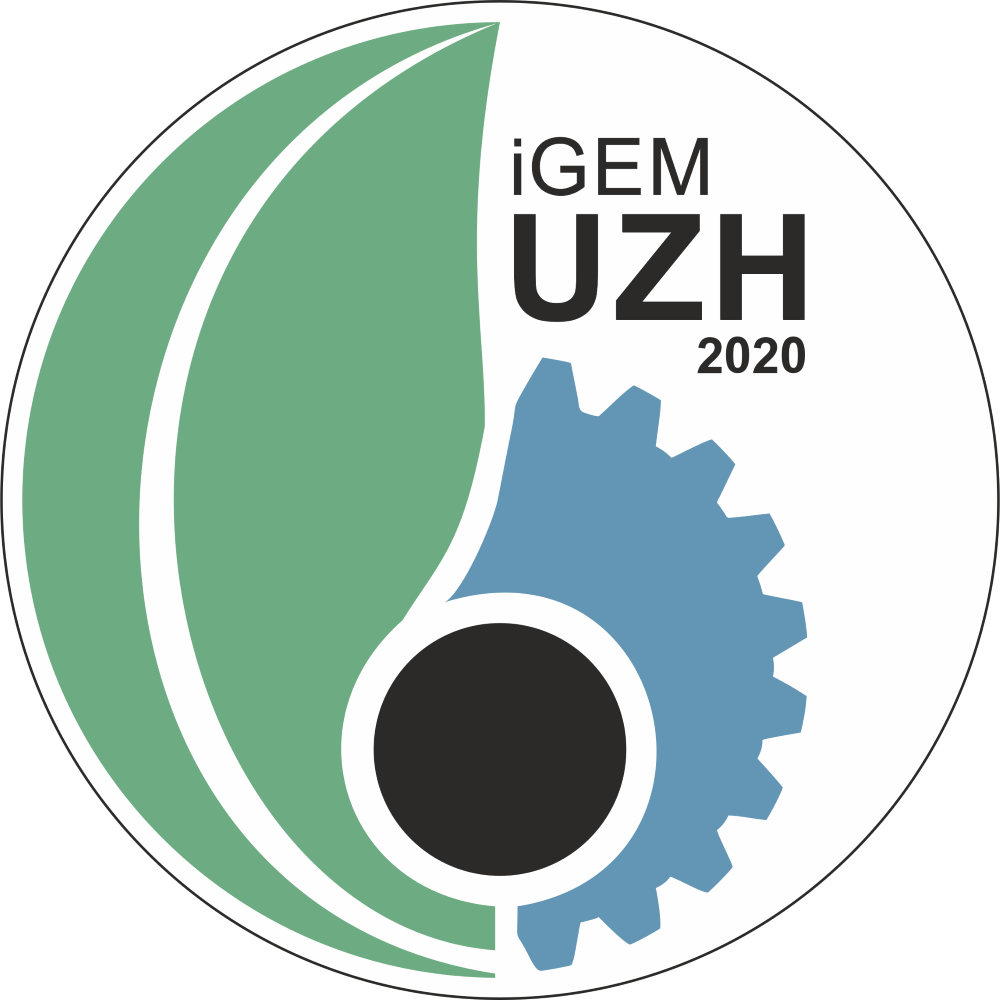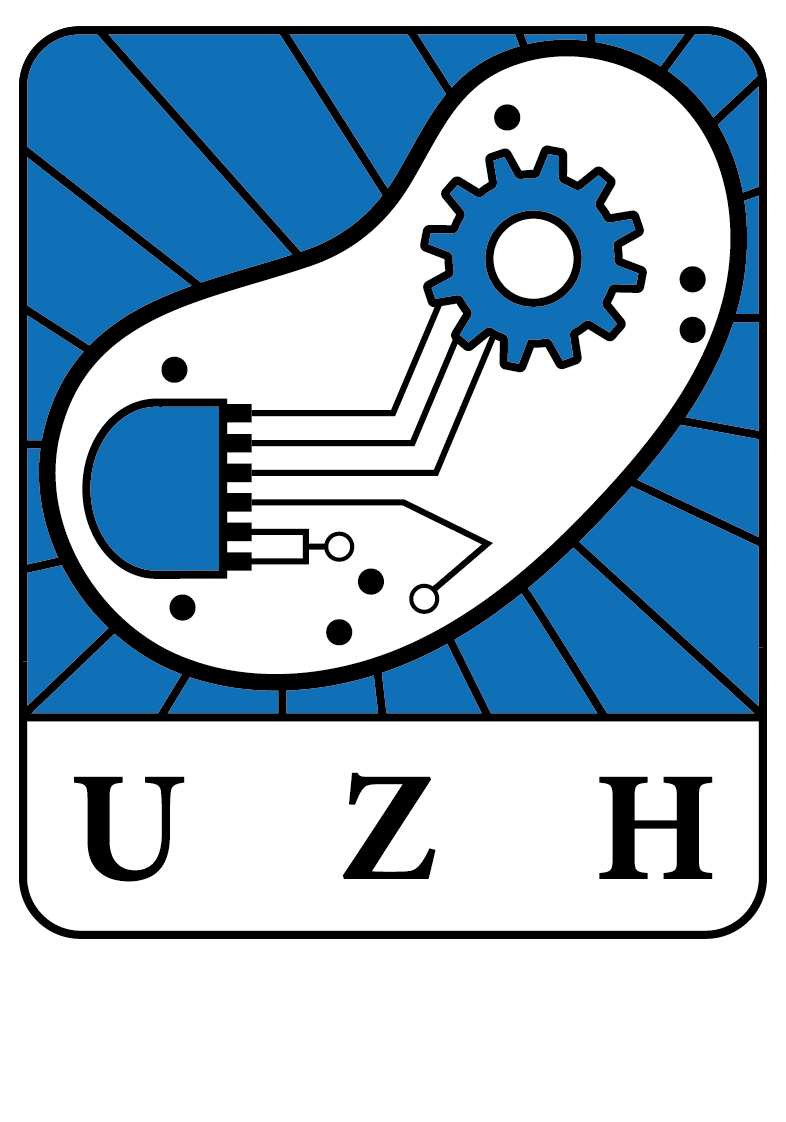iGEM UZurich – Past Teams
Want to know what previous teams at UZH did? Find out below about their projects and visit their wikis for more detailed information.
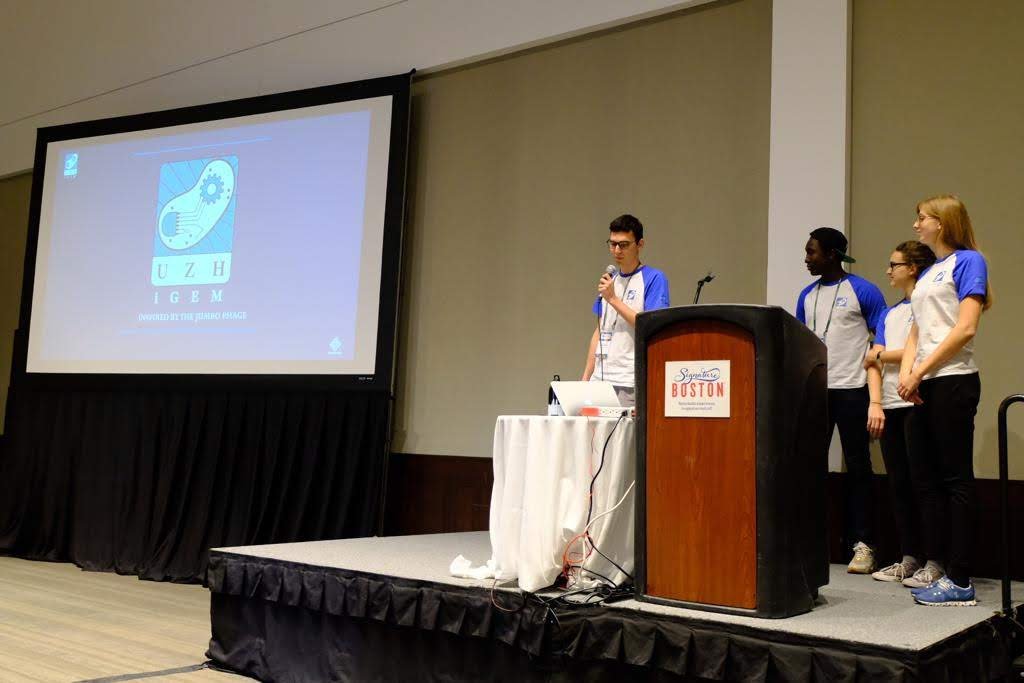

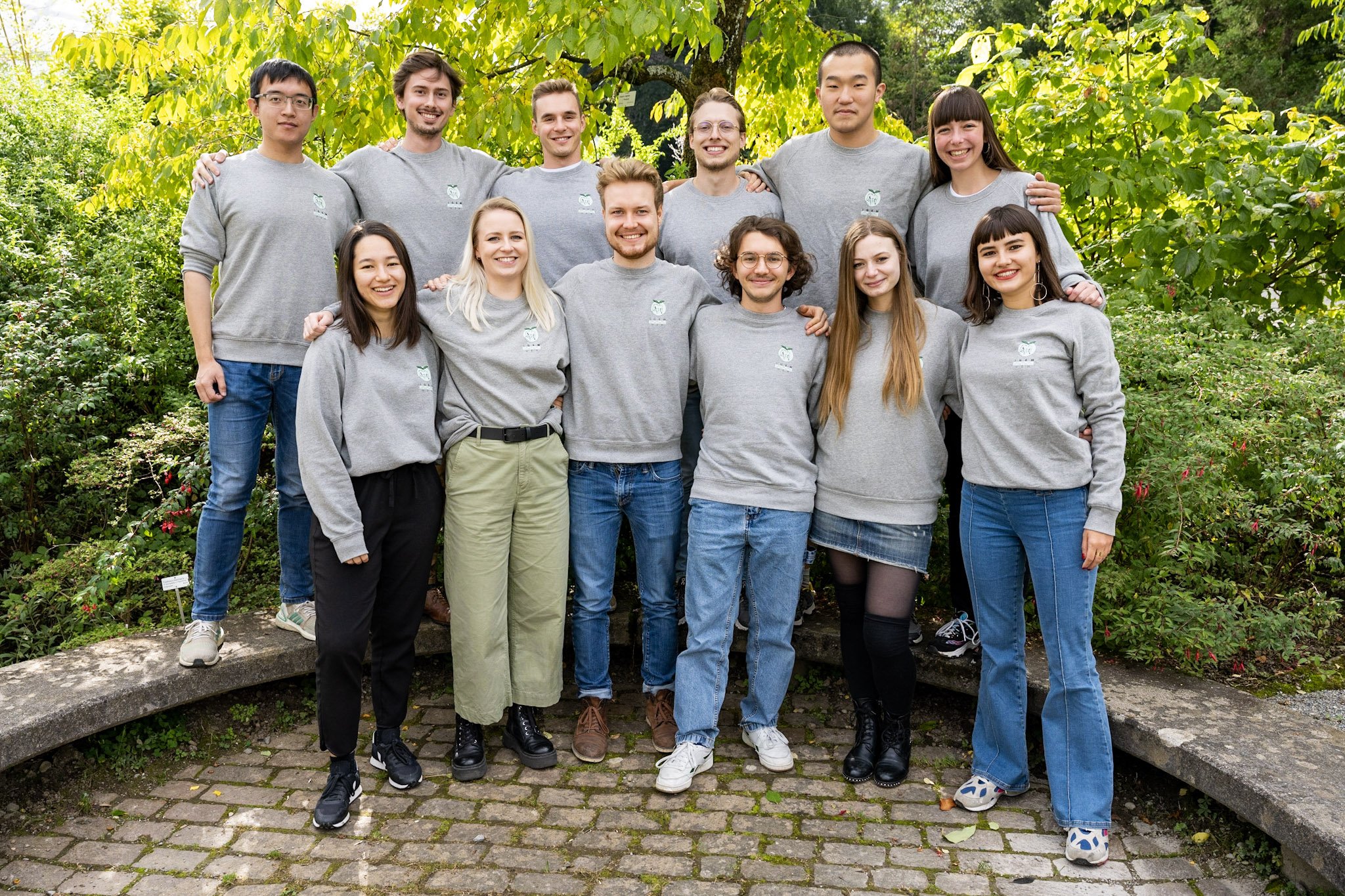

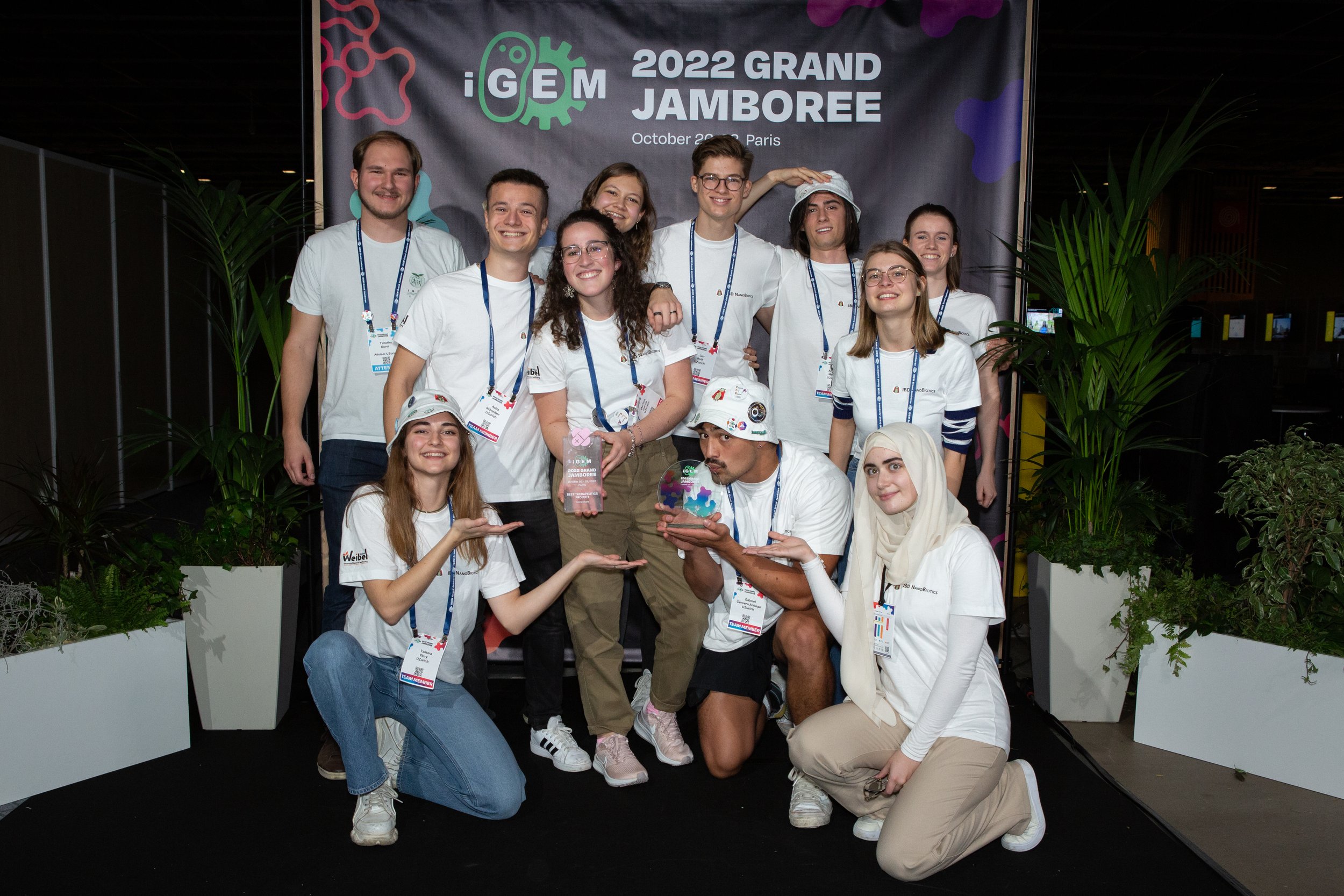
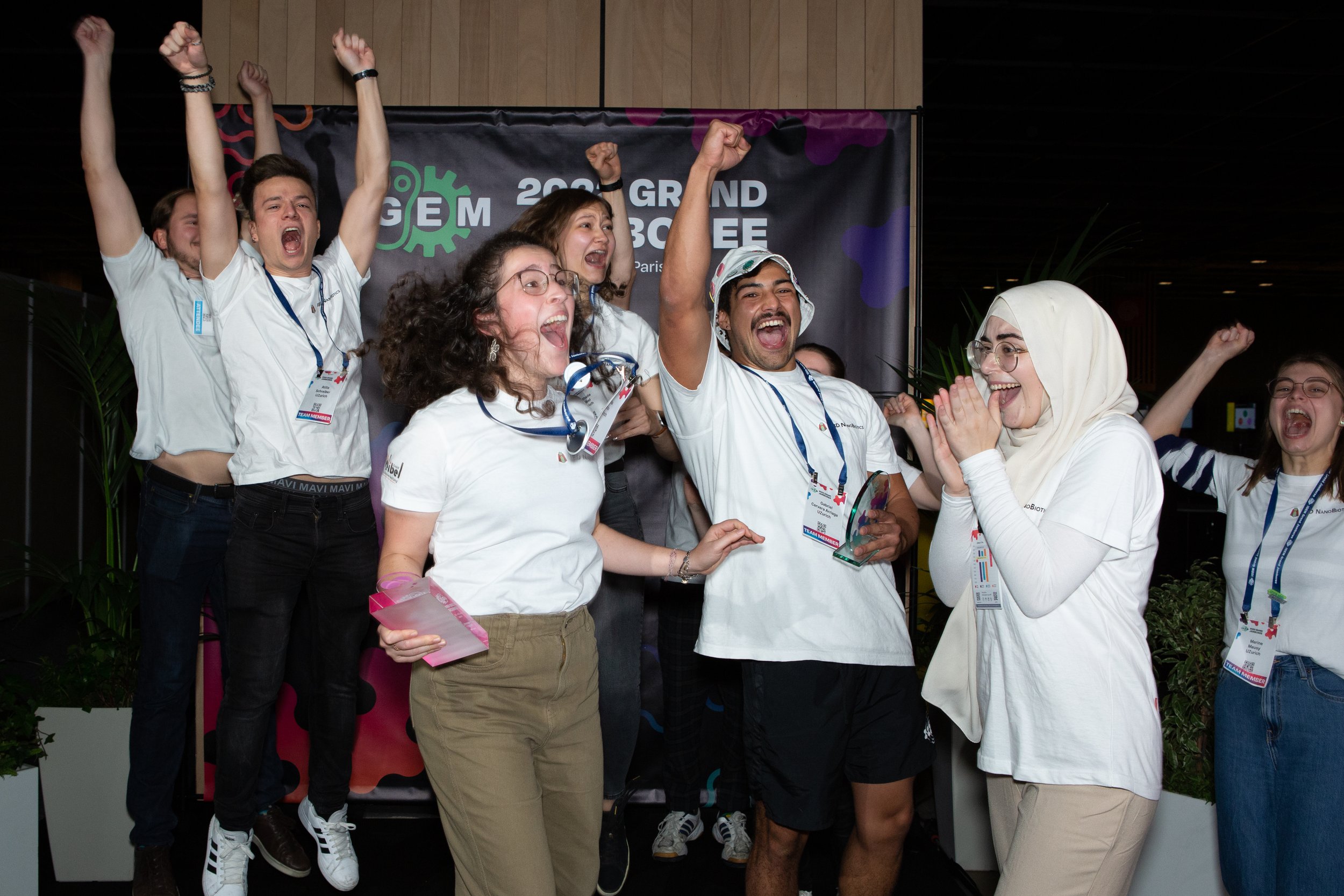
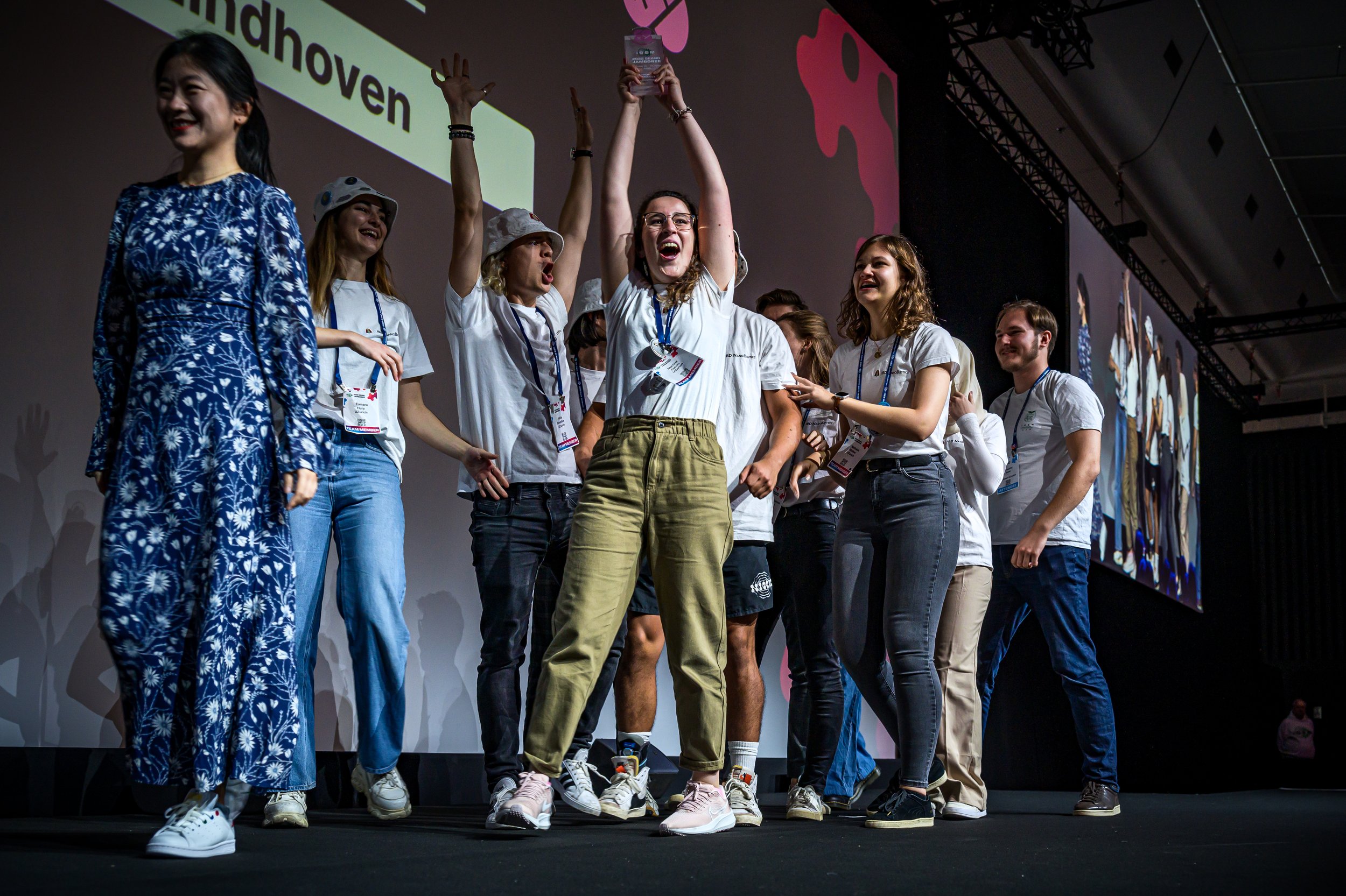

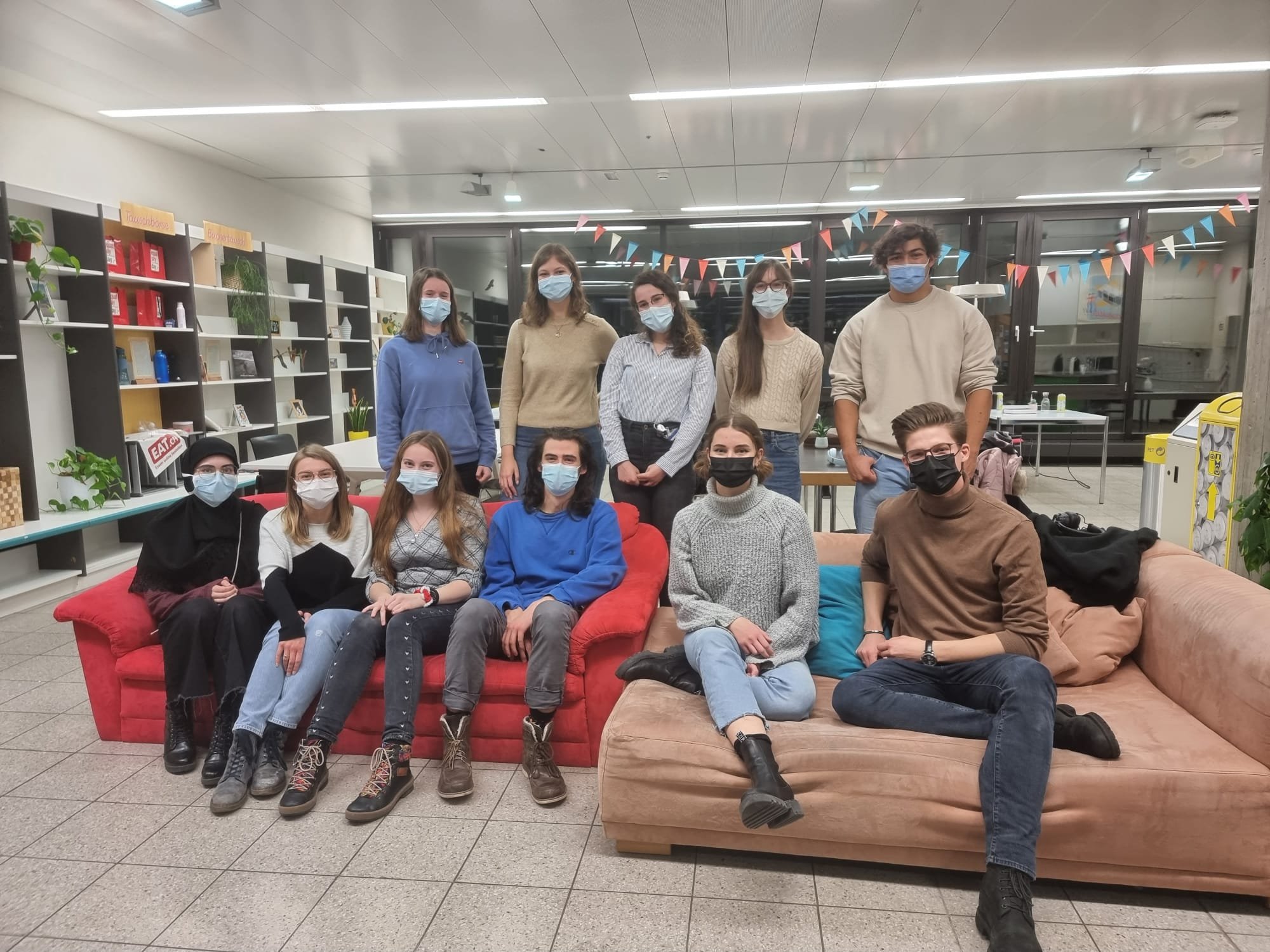



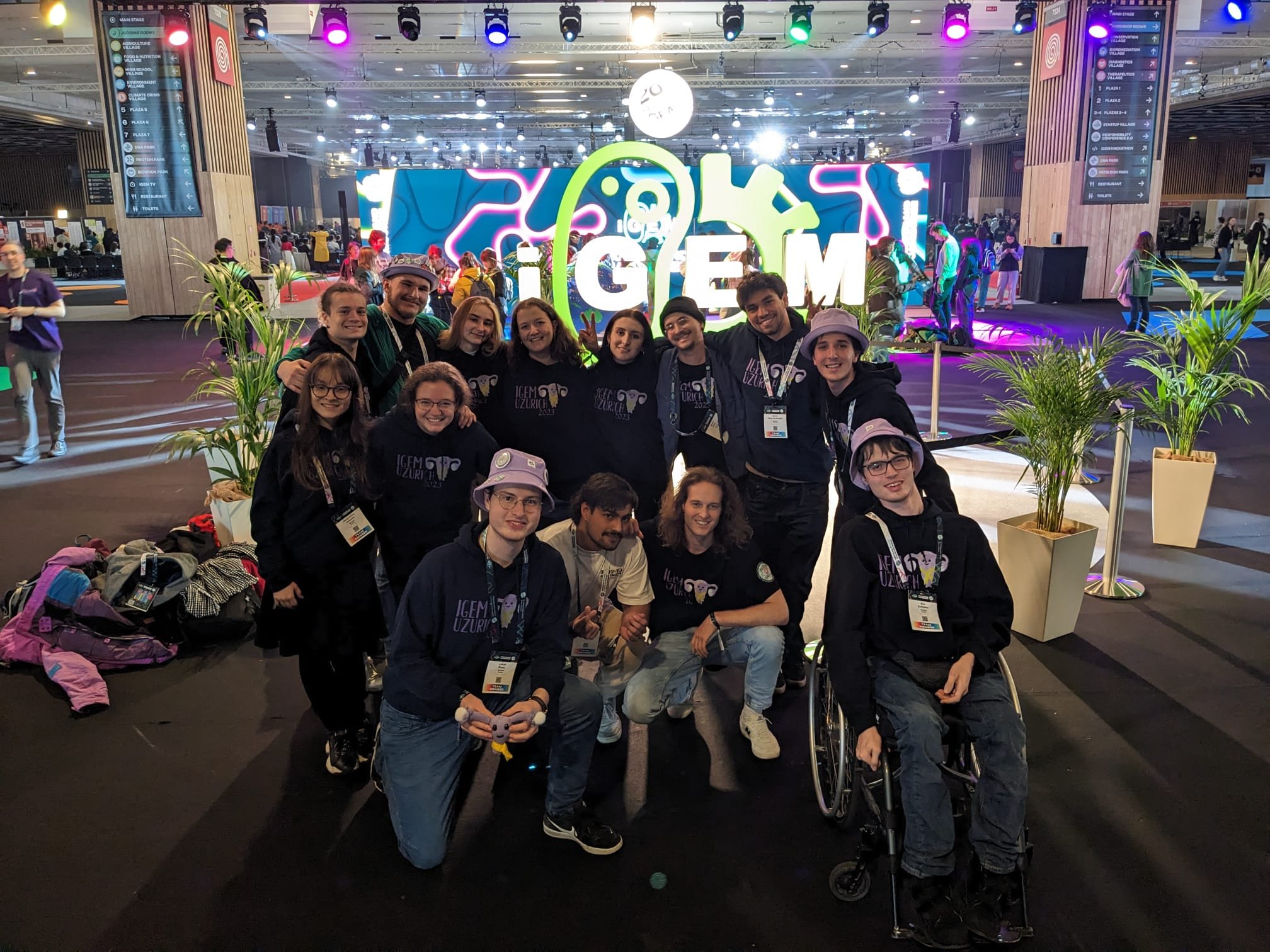
ETH 2024
After five years, the iGEM ETH team is back with 6 motivated students working on ReguROS. We aim to develop a versatile theranostic platform designed to target ROS-producing infections and diseases in both humans and plants, integrating localized high-ROS sensing with disease-specific treatment delivery.
Our project focus on creating a versatile platform for early detection and treatment of diseases by targeting reactive oxygen species (ROS). Elevated ROS levels are a common indicator in both plant and human diseases. The platform aims to engineer probiotics and epiphytic yeast to detect high ROS levels and produce therapeutic agents or visible signals. This innovation seeks to improve disease management and outcomes in agriculture and medicine, addressing issues such as fireblight in plants and chronic inflammation in humans.
UZurich 2024
This year, 10 students from UZH are focusing on plant-bacteria interactions to contribute to sustainability in agriculture. We are trying to engineer rhizobacteria in order for it to increase the production of biofilm around plant roots; in this way, the roots will retain more water and allow the plant to be more resilient to drought stress.
We engineer Pseudomonas sp. IsoF, a bacteria found in the rhizosphere, to form an enhanced biofilm on plant roots. This biofilm increases the plant's tolerance to drought, improves the uptake of nutrients and offers protection against pathogens. We designed Pebb, our Plant Enhancing Biofilm Bacteria. Pebb helps us tackle the challenges of climate change in agriculture by forming a biofilm on the roots of plants which protects them from drought and other related stresses.
UZurich 2023
12 students from UZH and ETHZ are aiming to address endometriosis, an underdiagnosed yet often debilitating disease affecting many women. We are exploring the use of bacteria as potential delivery vehicles for treatment that would target and influence unhealthy endometrial cells in the uterus. Our goal is to provide a promising new, non-surgical avenue for treating endometriosis and improving the quality of life for those affected by it.
The mission of project “LactoBack” is to treat Endometriosis through a less well-known avenue of treatment: the disbalanced vaginal microbiome, which has been linked to the onset and progression of endometriosis. The two main problems we hoped to address with our project were the lack of therapies, and the lack of awareness and support.
UZurich 2022
Inflammatory Bowel Disease (IBD) is an umbrella term that comprises conditions such as Crohn’s disease (CD) and ulcerative colitis (UC). Patients suffer from chronic inflammation in the gastrointestinal tract that leads to symptoms like bloody stools, diarrhea, abdominal pain, and fatigue. As of today, the cause of IBD is still unknown and there is no cure available. Current therapies are systemic and can lead to severe side effects. Furthermore, the therapies’ costs are causing a significant economic burden on the national health care system. We, the 2022 iGEM team from the University of Zurich, want to tackle the lack of targeted treatment options by harnessing the power of the gut microbiome to help IBD patients and increase their daily quality of life.
UZurich 2021
Plants are the basis of sustenance. Human beings need food to live. The world population is growing. All these aspects have a central hinge: food stability. Synthetic pesticides have so far tried to play this role, but their limitations are increasingly evident: loss of biodiversity, human health problems, and development of resistance by the pathogens attacked. We have the solution: Outer Membrane Vesicles. OMVs are bubbles that can do what a vaccine does for people, give a boost to their immune defenses, therefore ensuring a stable future for agriculture.
UZurich 2020
It is our mission to elaborate on the implementation of plant PRRs (pattern recognition receptors). These membrane-located proteins offer the potential for microbial load detection in water. By collaborating with industry and academia alike, we are advancing the broad field of plant immunity and bio-reporters.
UZurich 2019
We took a step towards constructing a large protein cage within bacteria that can be used to confine and compartmentalize biochemical reactions with potential toxic intermediate products. To produce this protein cage, we took a minimal component approach to replicate a natural phage-bacteria interaction. The phage we worked with encapsulates its DNA into a protein cage upon infection of the host bacteria. By using multiple approaches such as microscopy, sequence analysis, and in-vitro assays, we started to assess which proteins are necessary to form this protein cage. We then co-expressed promising candidate genes in the host and evaluated the results via microscopy.


